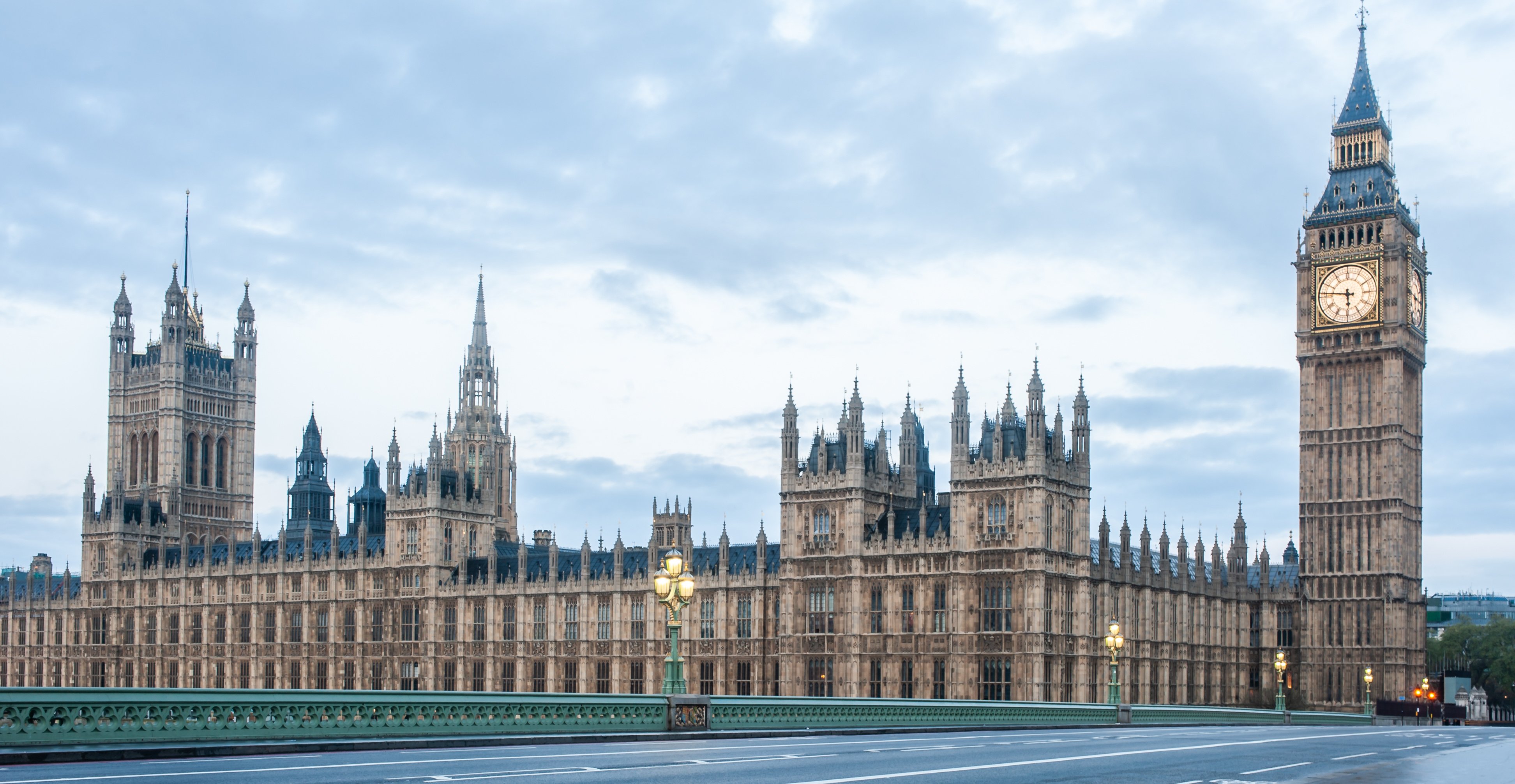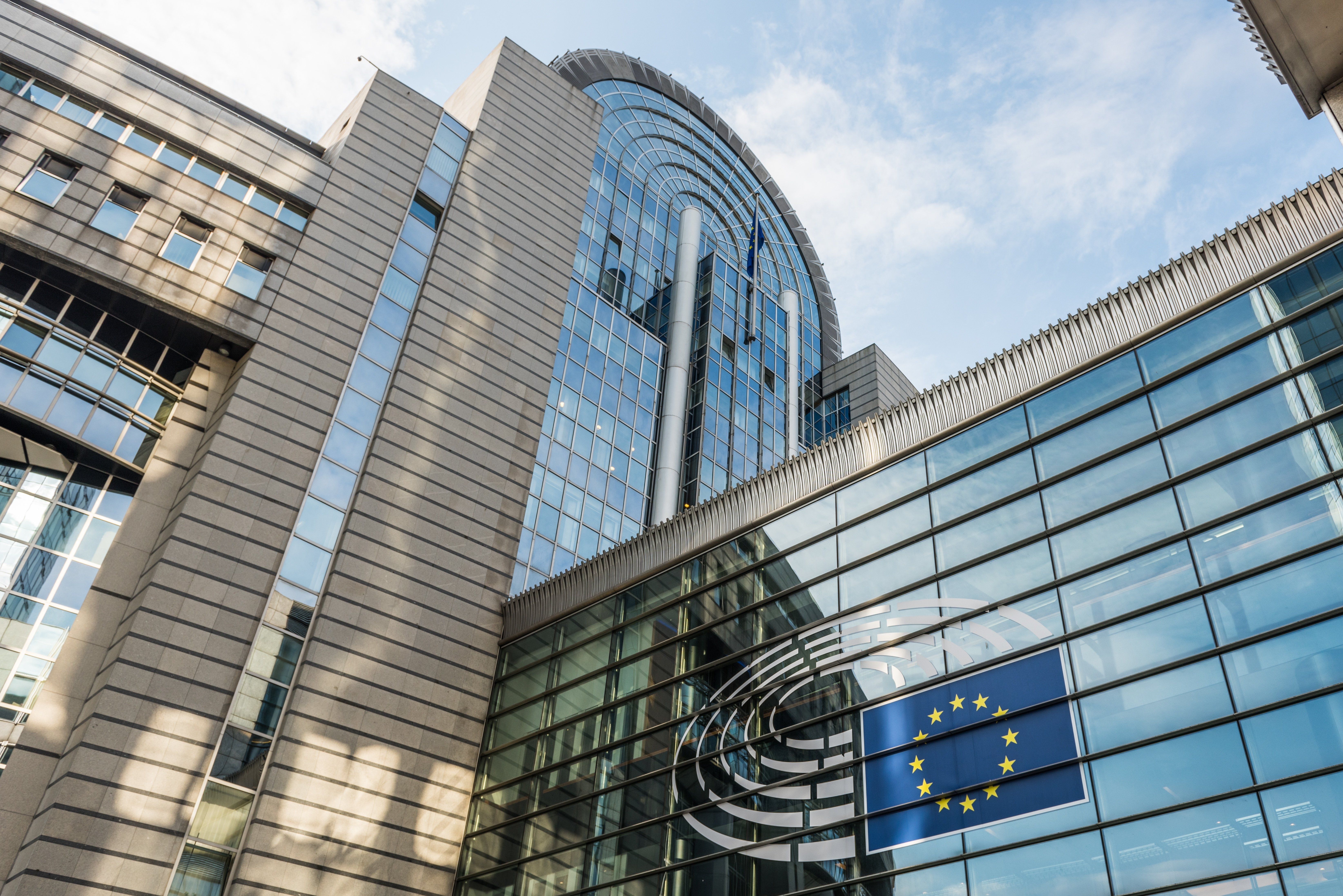At the end of last year, the UK government announced plans for new laws to clamp down on ticket reselling, citing widespread concern that fans are being ripped off by excessive mark-ups and opaque pricing practices. The proposals sit alongside wider reforms to UK consumer law designed to respond to digital markets, online platforms and new pricing technologies.
Ticketing, Tech and Timing – How Technology Has Changed Live Events
Written by Sabrina Steele on 21 Jan 2026
Are big tech companies beyond enforcement?
Written by Sabrina Steele on 18 Dec 2025
A few years now after the EU’s Digital Markets Act (DMA) and UK’s Digital Markets, Competition and Consumer Act (DMCCA) have passed, regulators are beginning to challenge the behaviour of tech giants. But tech giants are pushing back — raising an important question: are they too large for legislation?
Could Blockchain be the Key to a UK Digital ID?
Written by Sabrina Steele on 21 Oct 2025
Digital ID is a hot topic. Is it mandatory? Who would make it? How could the government secure the data?
Inclusivity: Is the UK government standing up for women in tech?
Written by Sabrina Steele on 15 Oct 2025
The role of women in tech has been making headlines recently. From the gender gap in the industry to the online abuse faced by women and girls, the challenges are increasingly visible. But so, too, are the opportunities — especially as greater inclusivity has been shown to drive innovation and growth.
Reflections from Labour Party conference
Written by Shomik Panda on 02 Oct 2025
Returning from Liverpool, here are a few reflections on Labour party conference 2025.
Is the gig up? Regulating platform work in the UK
Written by Sofia Marchetti on 19 Sep 2025
This blog explores what plans to regulate gig-economy work could look like in the UK, suggesting examples officials might look to and the challenges they will face.
AI and Copyright – where do we go from here?
Written by Sabrina Steele on 09 Sep 2025
As artificial intelligence continues to evolve at pace, the UK faces a difficult balancing act: how to support AI innovation while protecting the rights of creators. This tension boiled over in the debate over copyright and AI training as part of the Data (Use and Access) Bill passage.
With policymakers, tech firms and the creative industries still far apart — and the government yet to clarify its position — finding a workable solution is expected to be one of the UK’s most challenging digital policy issues over the next few months.
So what’s getting in the way?
This post looks at the key barriers to — and potential solutions for — a fair and enforceable copyright framework for AI.
Search Results: How Wikipedia's challenge to the Online Safety Act makes a case for Outcomes-Based Influence
Written by Harry Sidnell on 29 Aug 2025
This blog will explain the background to the UK High Court’s recent decision in Wikimedia Foundation v Secretary of State for Science, Innovation and Technology, and will outline lessons learned for firms wishing to influence future policy (regarding the OSA and beyond). It does not constitute legal advice, but instead emphasises the advantage of consistent, politically-conscious messaging when engaging legislators. The blog therefore focuses in particular on the first and second limbs of the claim, which were largely based on Ofcom’s advice to the Secretary of State — advice in itself informed by prior stakeholder engagement. Our conclusion, given Wikimedia’s example, is that companies may be best served by showing, pre-emptively, how burdensome regulation can harm their business and the public good, defined in political terms, rather than by making a more purely technical argument about the letter of the law and then hoping for favourable advice from an already overstretched regulator.
A summer of crypto in the UK — and what’s next
Written by Sabrina Steele on 08 Aug 2025
Crypto-asset ownership in the UK is growing, comprising as much as 12% of the population according to the Financial Conduct Authority (FCA). The UK government, judging from recent financial-services announcements, certainly hopes crypto can supports its Plan for Growth. And yet industry remains concerned the UK is falling behind the US, Brazil, South Korea and others in taking advantage of these new technologies. This blog considers influences and likely scenarios for the crypto sector.
Labour one year in: Progress on tech and digital policy
Written by Sabrina Steele on 01 Aug 2025
We are now a year into a Labour government in the UK, with digitalisation and technology playing a central role and forming a key part of the Plan for Growth. The government has placed tech at the heart of building a digital-based economy across its 5 core missions: safer streets, clean energy, economic growth, breaking down barriers and making the NHS fit for the future.
Out of Sight: How, and Why, EU Drone Deliveries Should Take Off
Written by Nathan Shepura on 17 Jul 2025
Civilian drones will likely be key drivers of growth and innovation. The EU has the rules in place to be a major player, but more urgency is needed to avoid falling further behind global competitors.
Implications of recent UK government announcements on the tech sector
Written by Sabrina Steele on 12 Jun 2025
The government continues to prioritise tech policy in the UK with London Tech Week, the Spending Review and AI Summit London all highlighting the important role government expects tech to play in driving economic growth. Here are some reflections on what it may mean:
Crazy for quantum
Written by Emma Vivian on 17 Feb 2025
‘Artificial intelligence’ is so 2024! The European Union has two new favourite words when it comes to tech: quantum computing. But what does it mean? Imagine a cat (Schrödinger’s cat, to be precise) alive, dead — and somehow applying for Horizon Europe grants — all at the same time!
What does the AI Opportunities Action Plan offer businesses?
Written by Harry Sidnell on 21 Jan 2025
This blog identifies some of the key recommendations made in each of the recently published AI Opportunities Action Plan’s sections (investing in the foundations of AI, pushing on cross-economy AI adoption, and securing the UK’s future with homegrown AI), highlighting those which offer the most promise to AI developers or adopters. It will then consider how Inline is well-positioned to leverage its tech expertise and relations with government to assist businesses in realising their AI ambitions.
Conversation with MEP Aura Salla
Written by Nathan Shepura on 04 Dec 2024
Dr Aura Salla, elected in June 2024 to her first mandate as a Member of the European Parliament (MEP), is no stranger to EU policy, having worked for many years in the European Commission and for Meta, as the company’s head of EU affairs. She was also elected to the Finnish Parliament in 2023. Since taking up her seat in the European Parliament in July 2024, MEP Salla has advocated stronger EU support for Ukraine and a steady commitment to both the green transition and a more capable and competitive EU — in particular vis-à-vis China and in light of a second Trump administration.
I spoke recently with MEP Salla (whom I will refer to here as Aura) about what she sees as the EU’s major challenges for the new mandate, in particular regarding technology and global competition. Here follows a brief summary of our conversation.
 Insights from Inline Policy listing page
Insights from Inline Policy listing page













